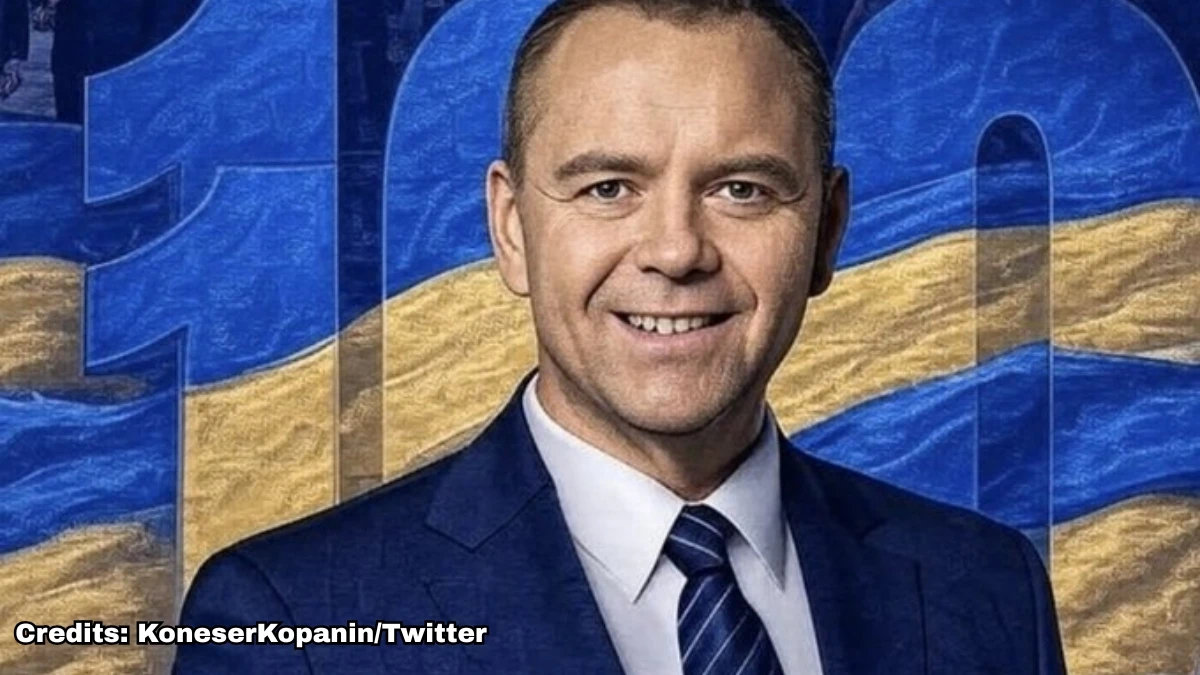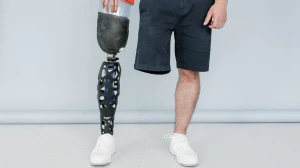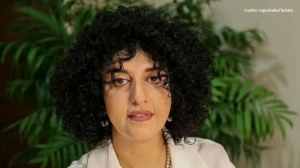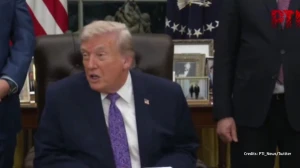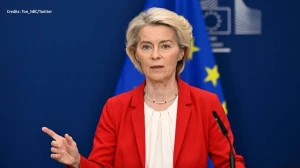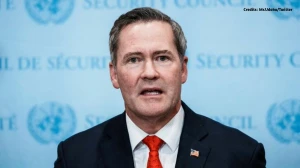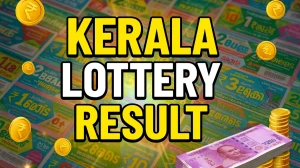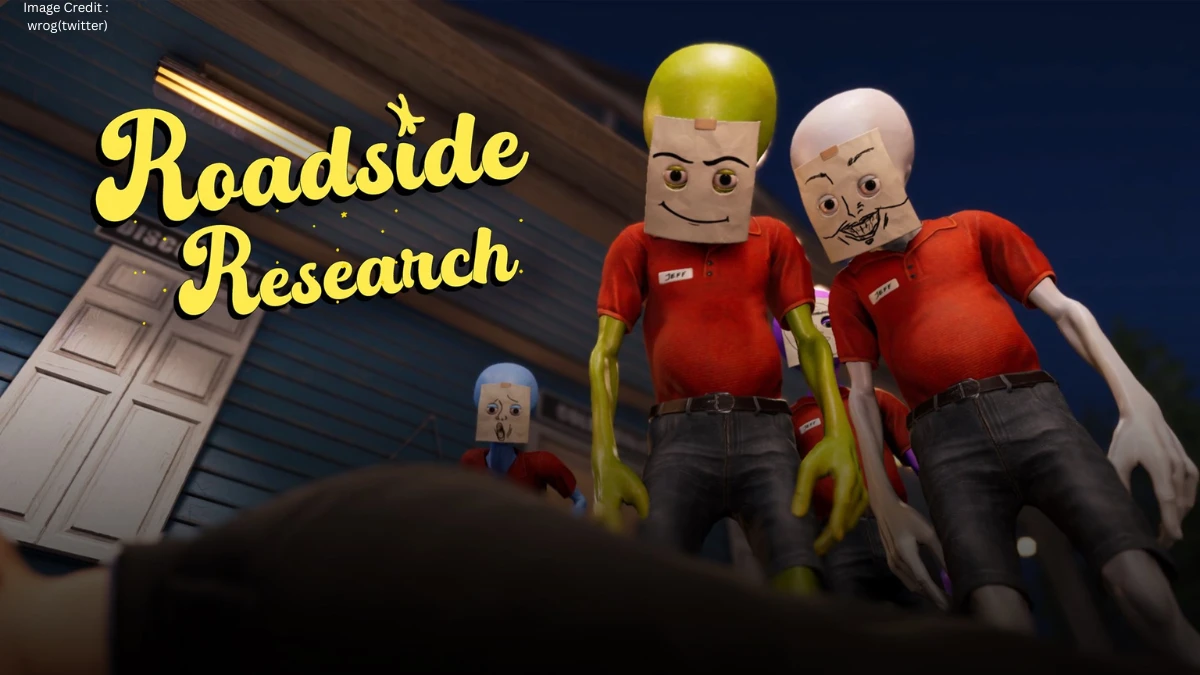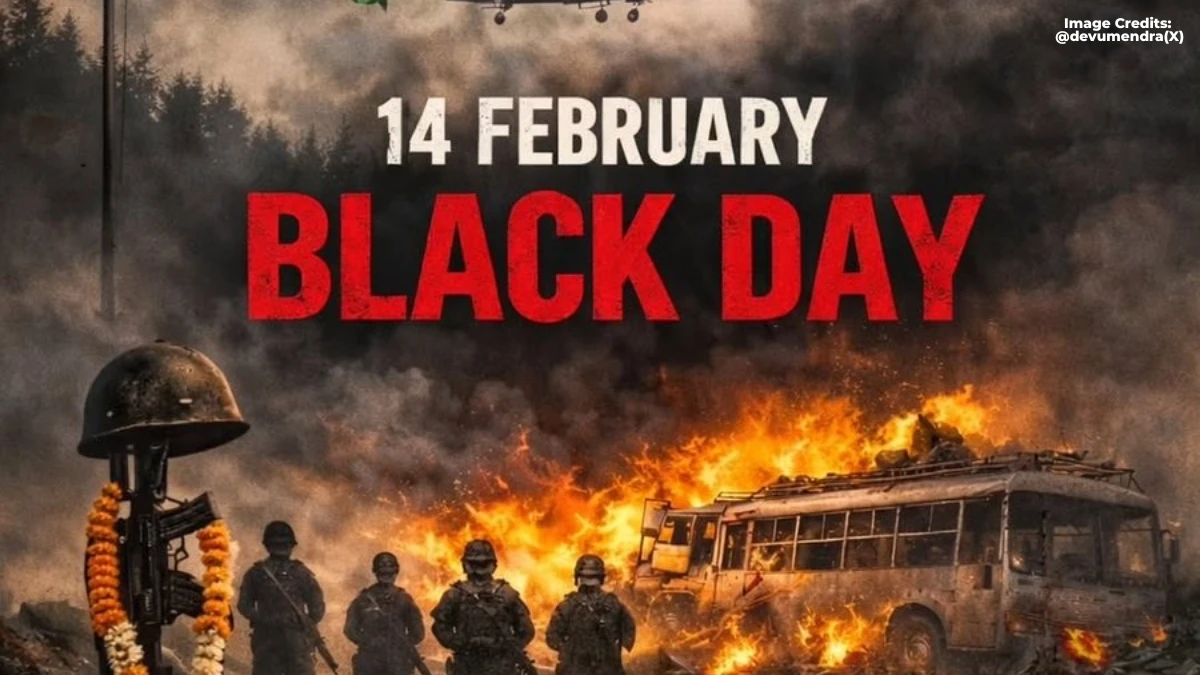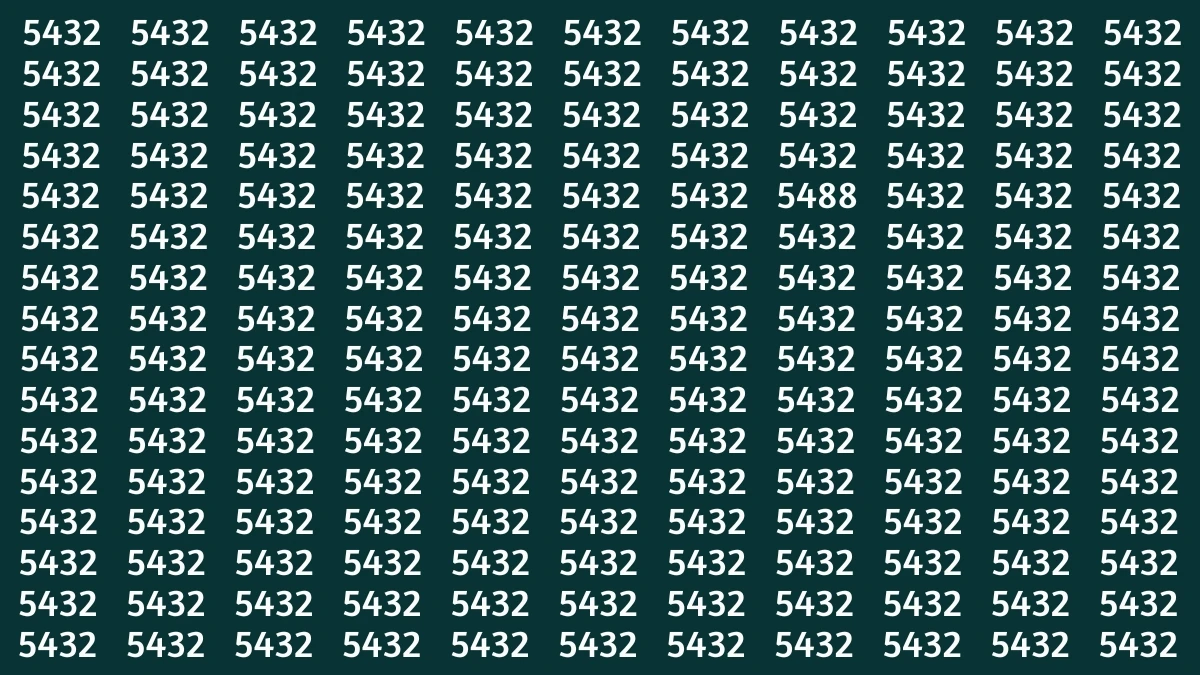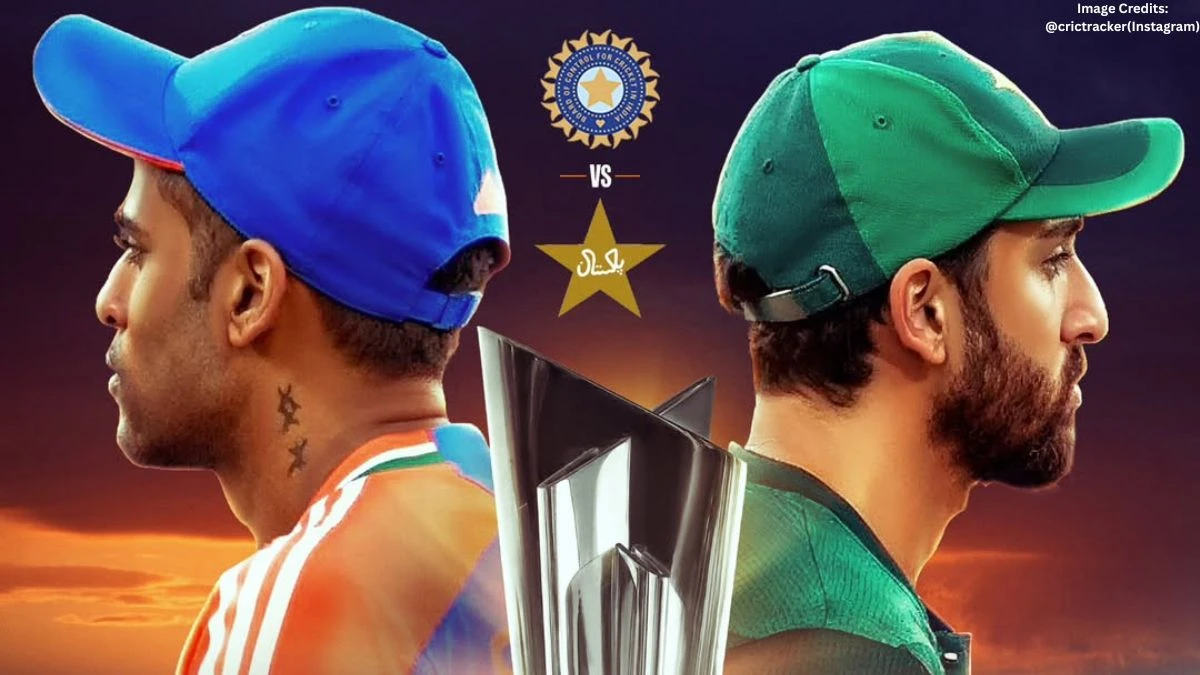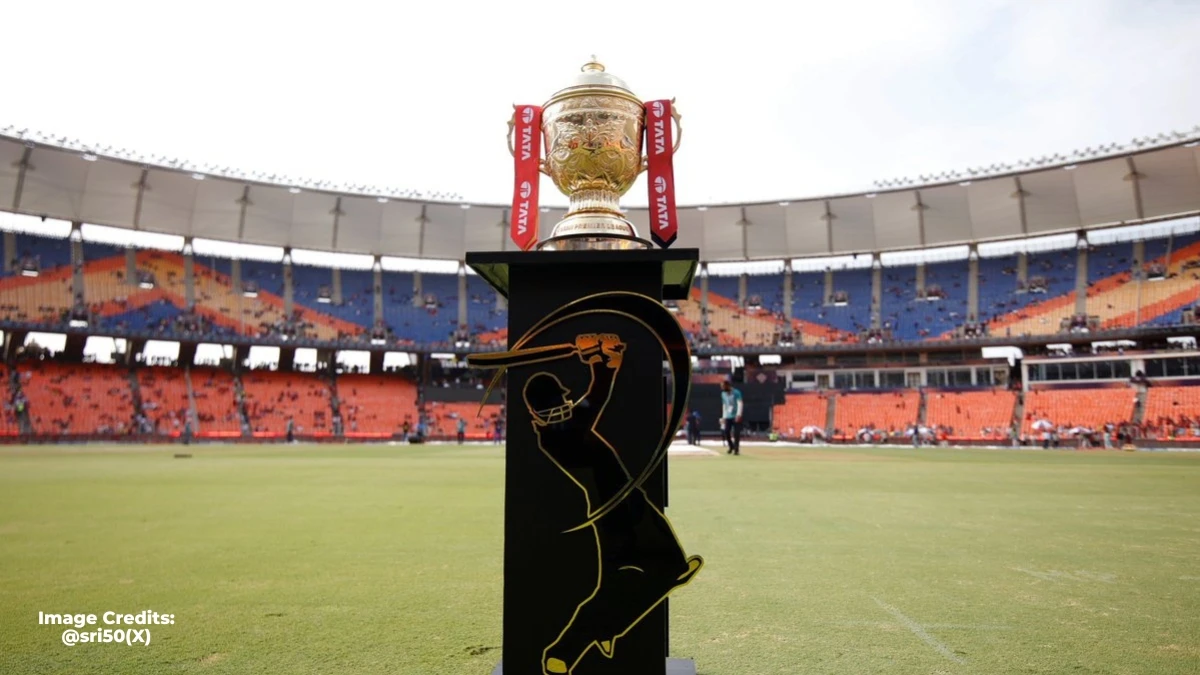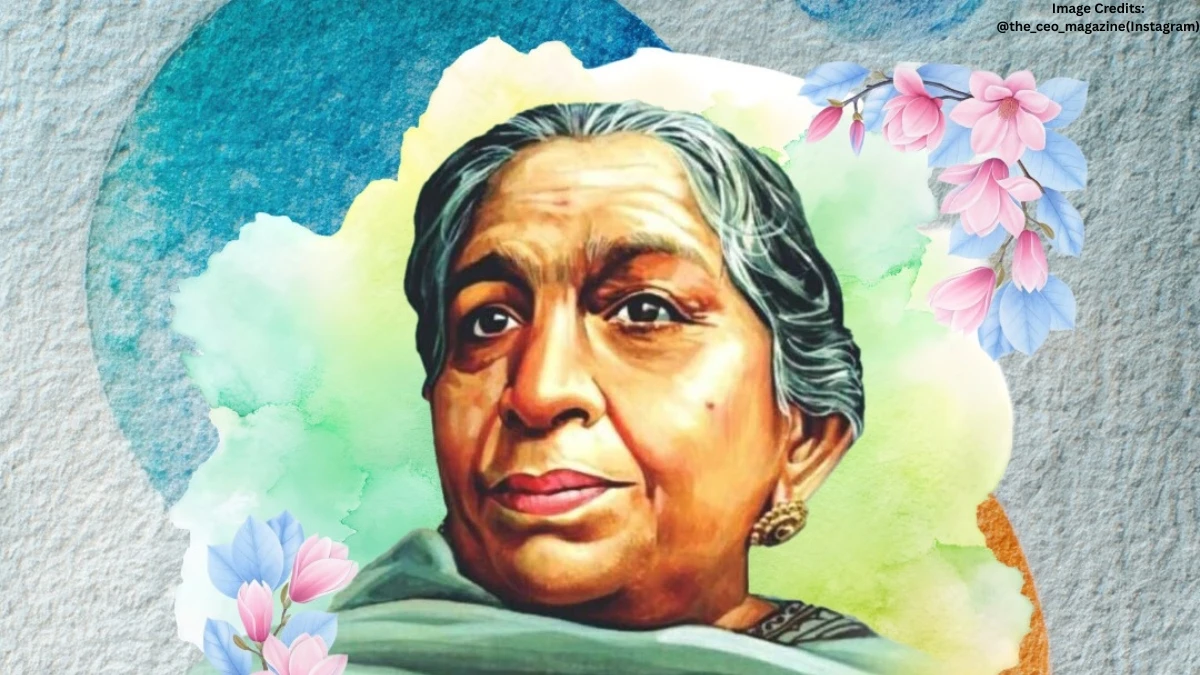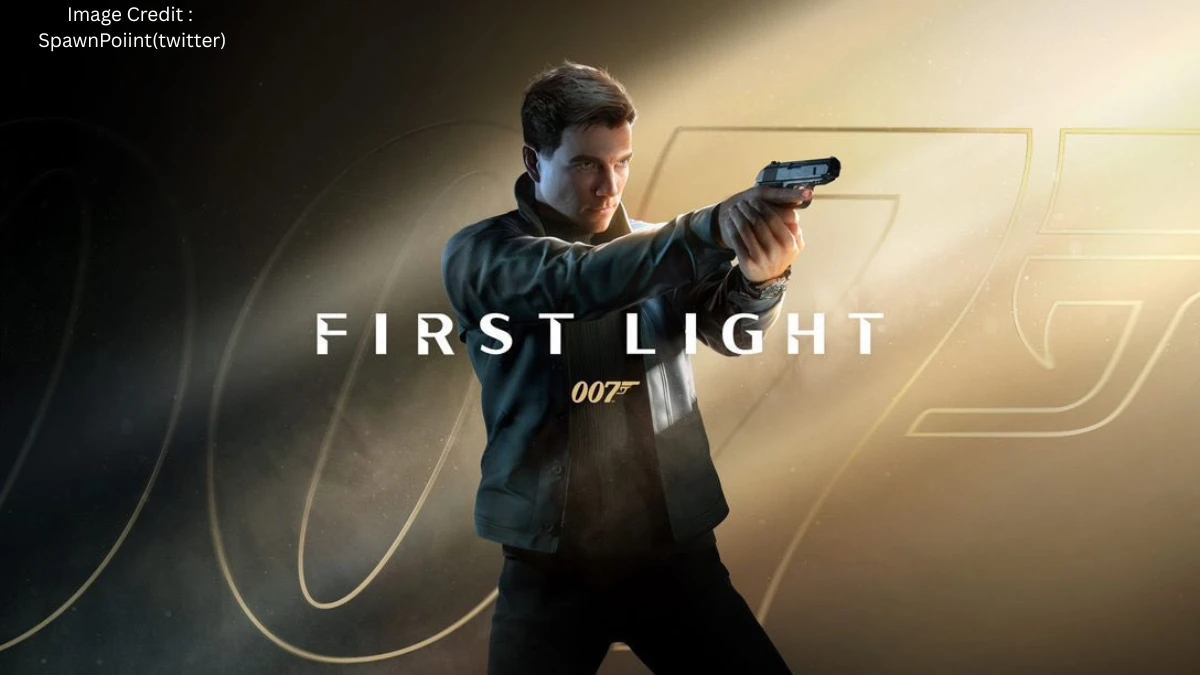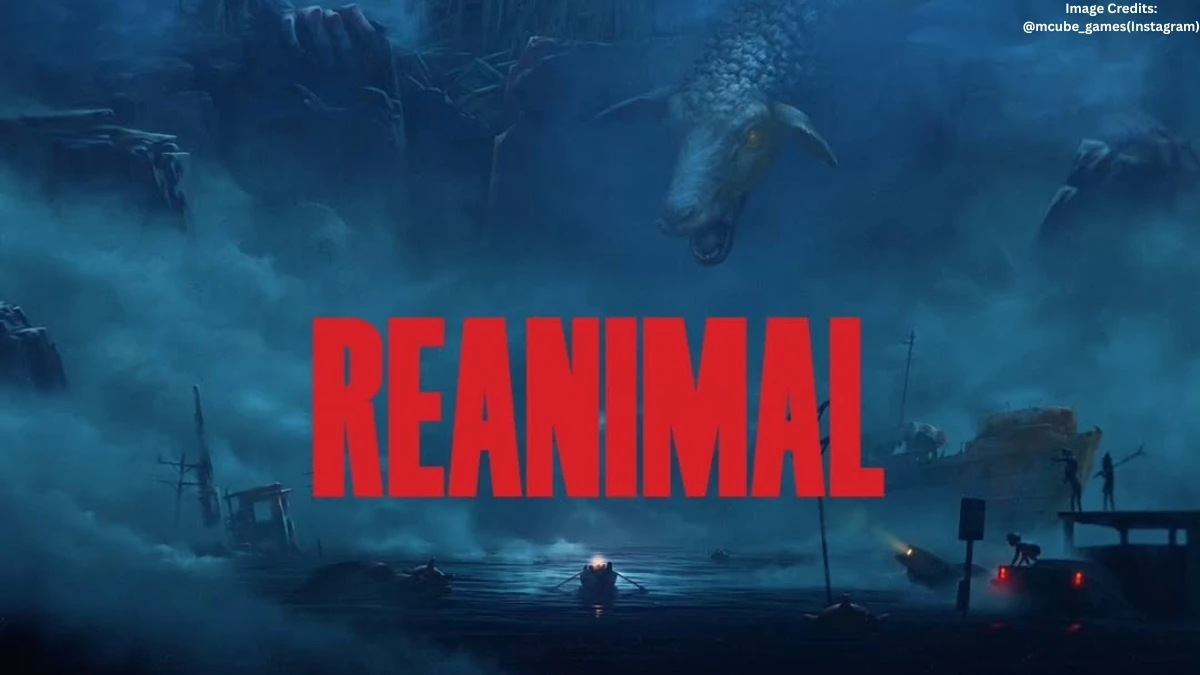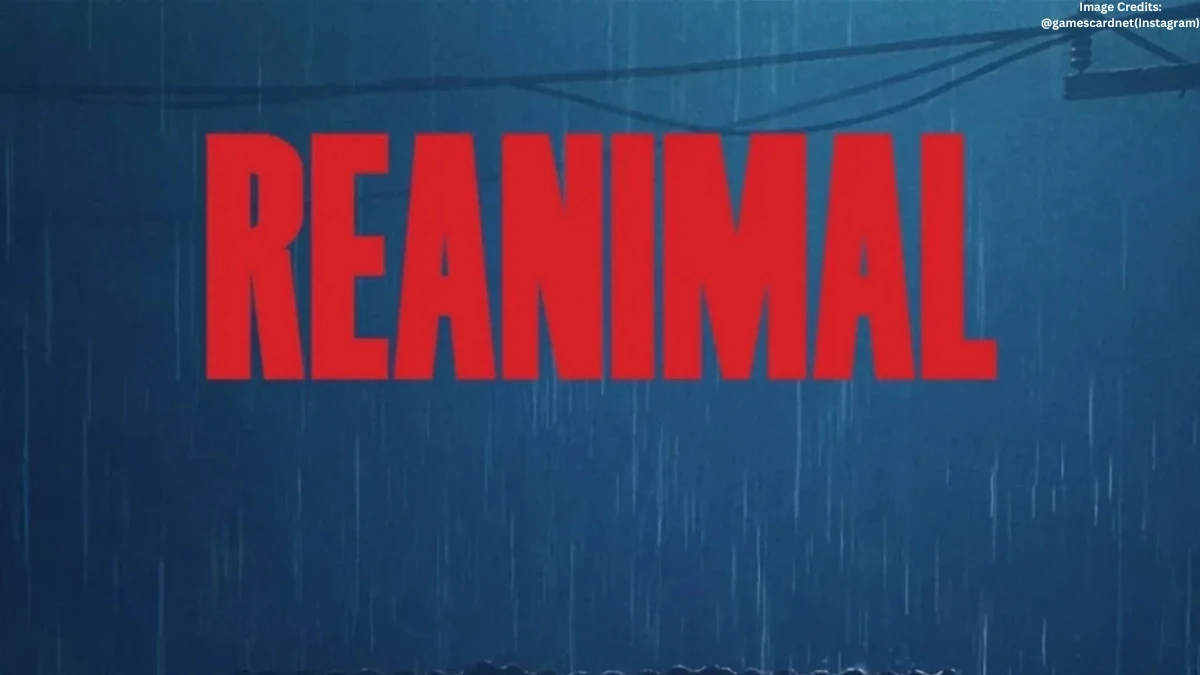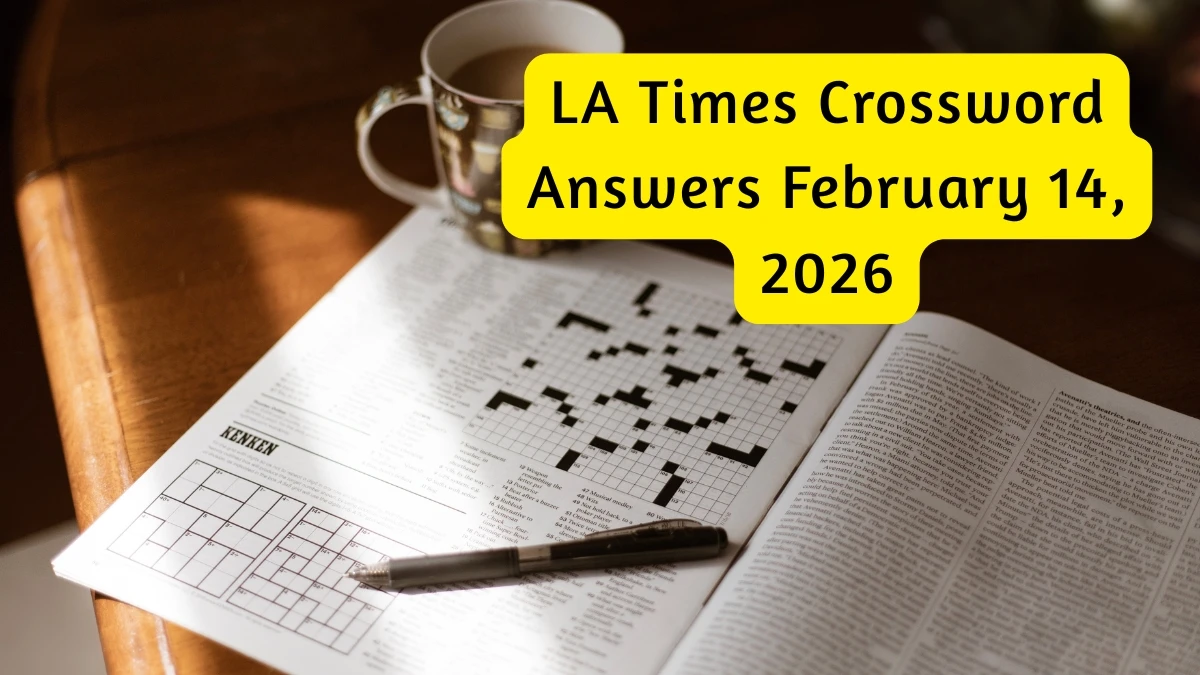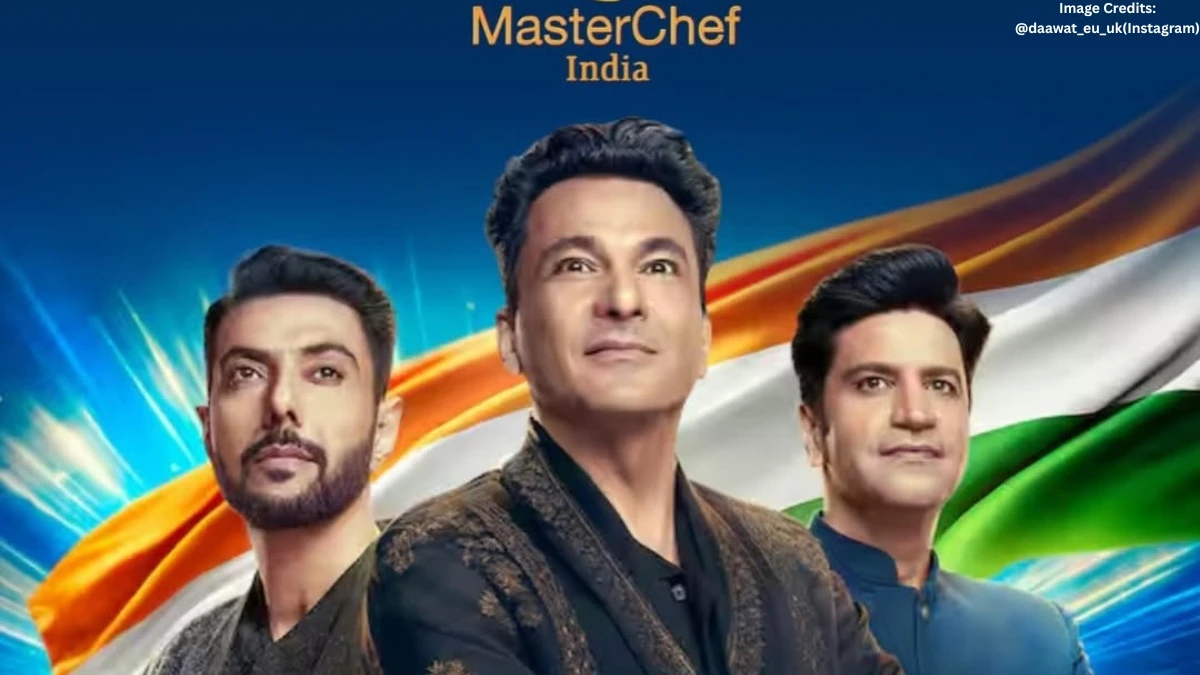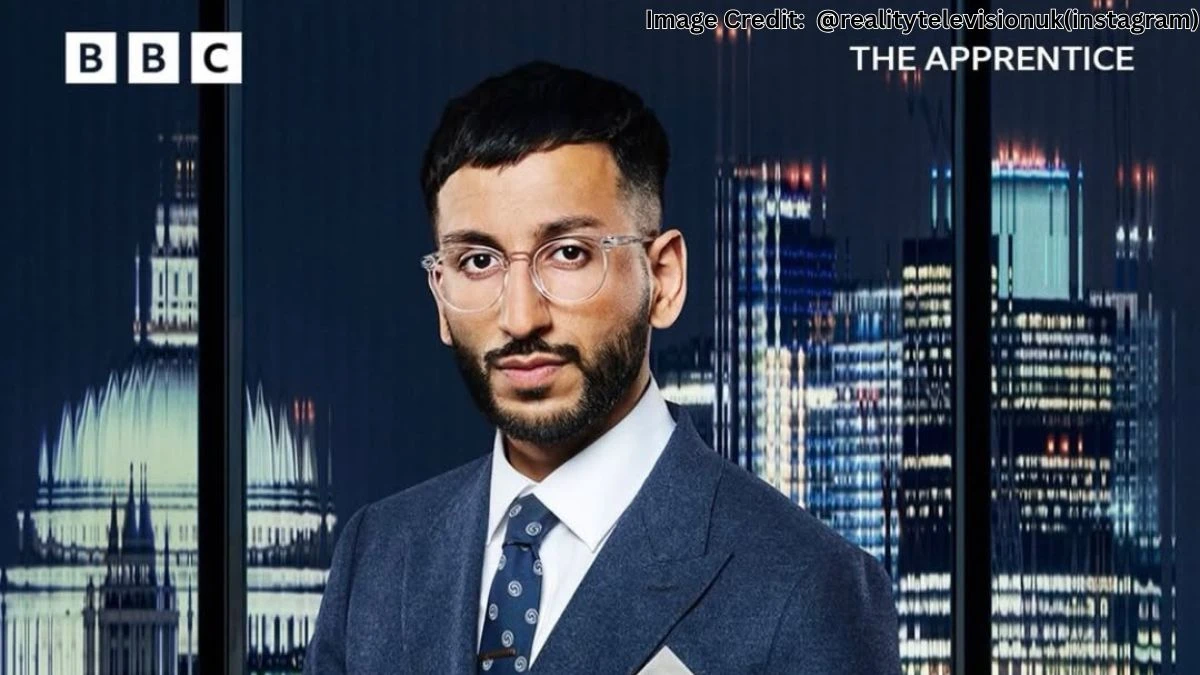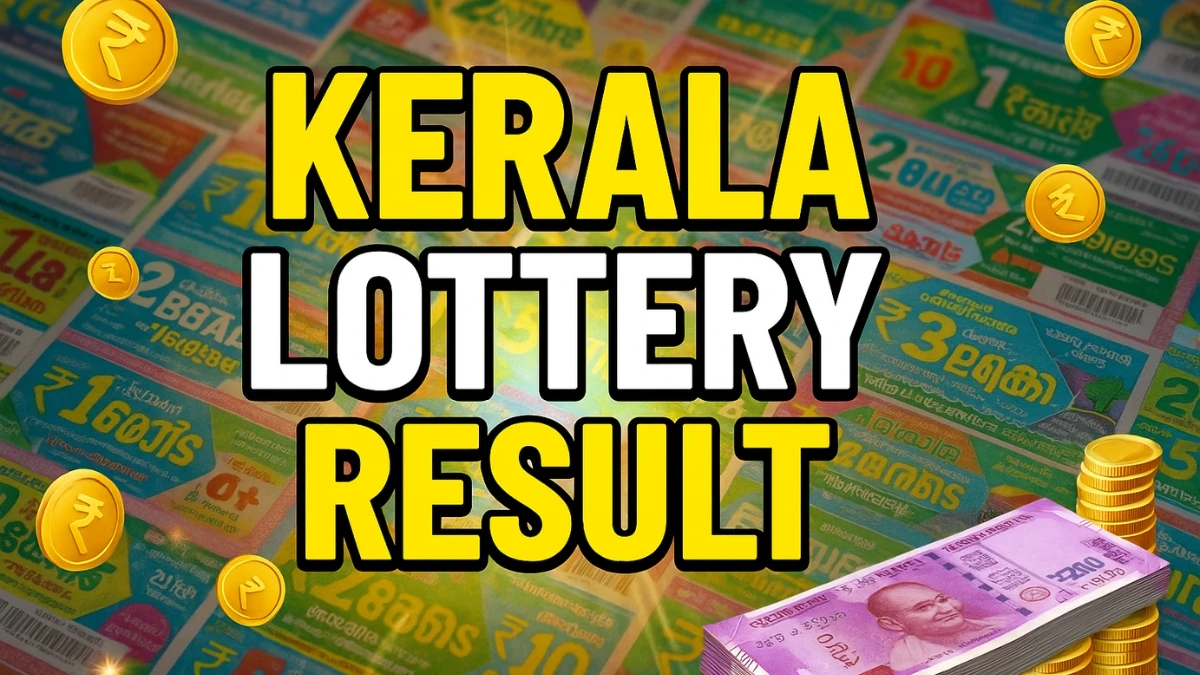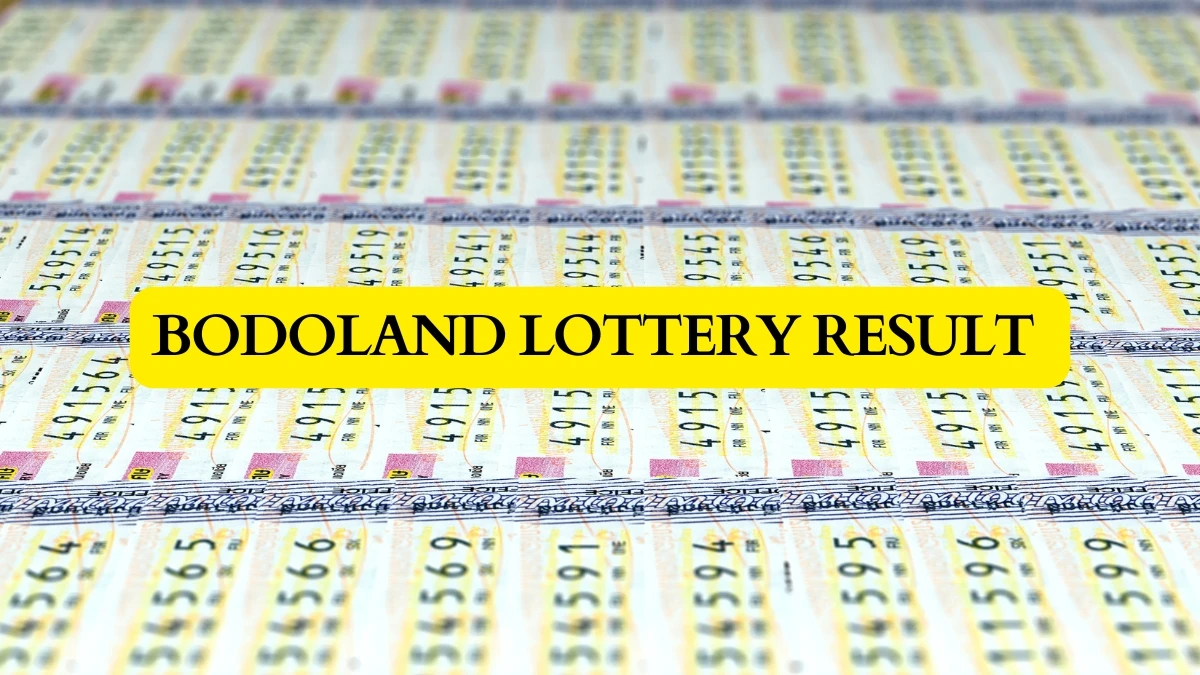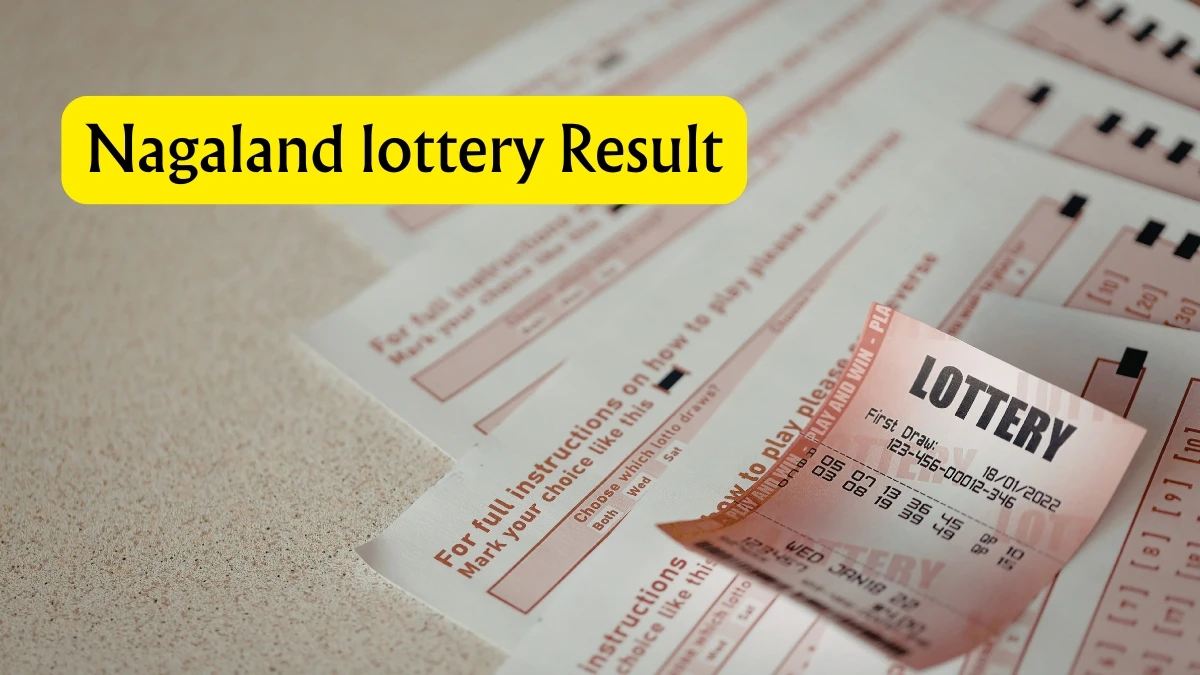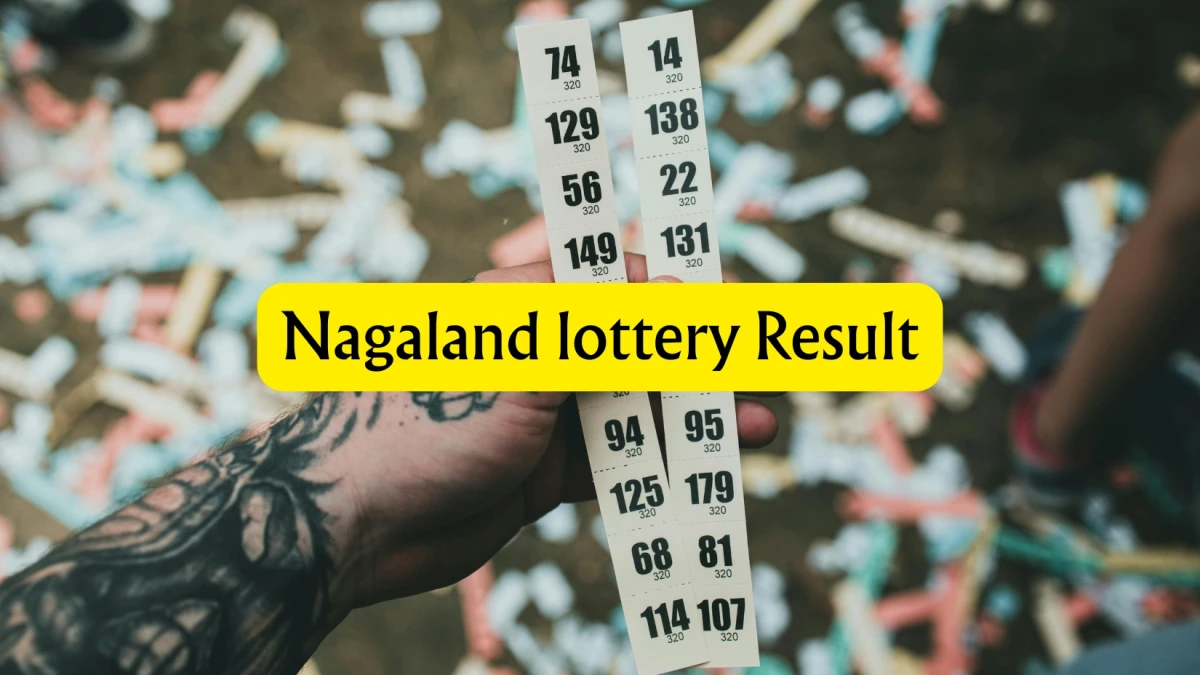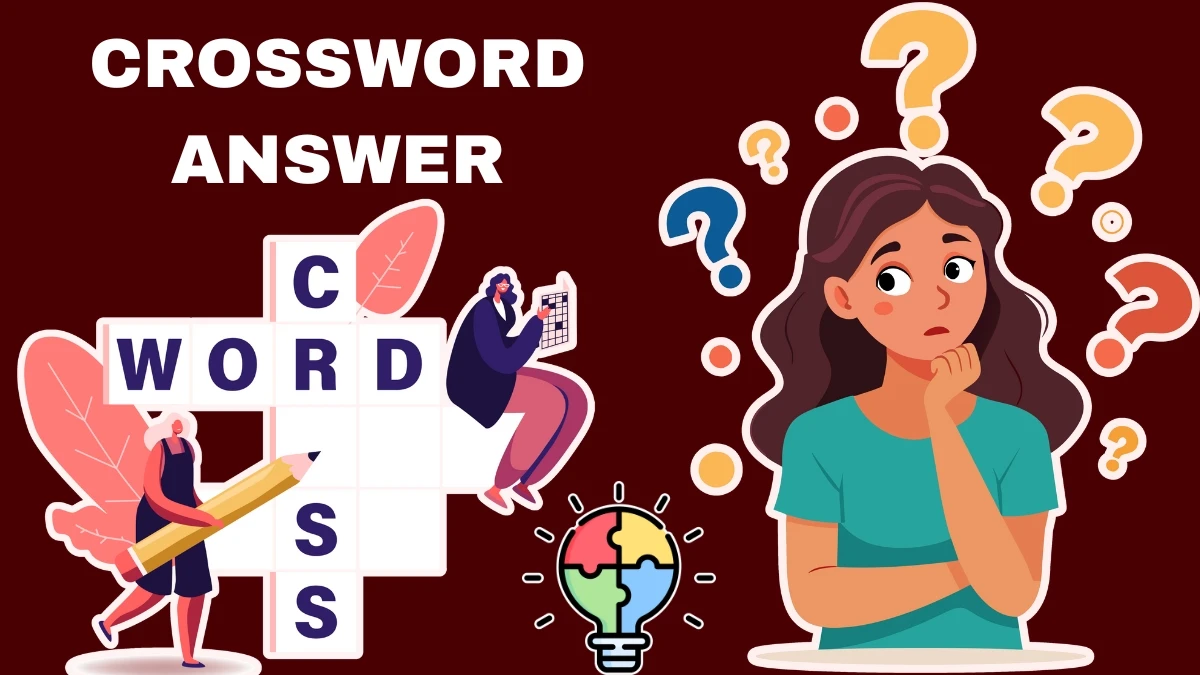Warsaw(Poland), Nov 14 (AP) In his first 100 days in office, Poland's new President Karol Nawrocki has positioned himself as the defender of the Polish nation and someone whose office might be sympathetic to the country's growing far right.
With his athletic physique and impeccable suit, Nawrocki projected an old-school image of a protector as he kissed the hands of retired older women during an event this month at a library in Sochaczew, one of the small towns he has made a point of visiting.
That appeal to Poland's more conservative voters helped the 42-year-old Nawrocki win the presidency in June. His fans say he stands for traditionalist values.
He has declared himself against LGBTQ+ “privileges” and “aggressive left-wing radicalism.” He has pledged to resist NATO membership for neighbouring Ukraine and has not visited that country since taking office.
Now, experts say, he appears to be positioning himself to have more say in the daily running of Poland — putting him on a collision course with the centrist prime minister.
An underdog with a Trump endorsement ------------------------------------------- With a background as a historian, Nawrocki was hardly known to the public when the leader of Poland's largest opposition party, the conservative Law and Justice, chose him to be its presidential candidate. He was heading the Institute for National Remembrance, a state research body, at the time.
Up until the first round election results became clear, most pundits expected liberal Warsaw mayor Rafal Trzaskowski, running for the centrist governing alliance led by Donald Tusk, to win by a comfortable margin.
But Nawrocki's underdog profile, despite media revelations that included alleged past links to criminal figures and his participation in a street brawl among football fans, helped to make him relatable to voters. He denied the criminal links but not the brawl, saying he had taken part in many “noble, masculine” combats in his life.
“Many people shrugged at his past in the end,” said Helena Chmielewska-Szlajfer, a sociologist from Warsaw's Kozminski University. “Maybe we don't love this, but this man is a bloke from the hood, he came from a modest background and yet made an impressive career against the odds.” Contributing to Nawrocki's success was understanding the popularity of right-leaning alternative media channels, which have been growing in Poland in opposition to mainstream media long thought of as liberal, said Michal Szuldrzynski, editor-in-chief of conservative daily Rzeczpospolita. Nawrocki gave hours-long interviews to YouTube channel Kanal Zero and to the channel of Slawomir Mentzen, the leader of far-right party Confederation.
An endorsement from US President Donald Trump also helped Nawrocki in the election.
The relationship between the two presidents makes sense in the context of the “process of MAGA-ization of the Polish right,” Szuldrzynski said.
Nawrocki has already visited the White House as Poland's president. As they sat side by side, Trump declared he does not intend to pull US troops out of Poland, another sign of support for the new president and his aims. “We'll put more there if they want,” Trump said.
In late October, when the US announced it was reducing the number of its troops on NATO's eastern flank, which had been deployed in response to Russia's growing military aggression, the presence in Poland was left unaffected.
The early foreign policy success further cemented Nawrocki's reputation.
Rejecting liberal elite' proposals ---------------------------------- In his first month in office, Nawrocki vetoed seven draft laws favoured by the Tusk government, quickly wielding one of the powers of his office against his political rival.
By comparison, previous president Andrzej Duda, an ally of the Law and Justice party that backed Nawrocki for president, vetoed eight such draft laws in 20 months, according to Szymon Holownia, the speaker of the lower house of parliament.
The draft laws Nawrocki vetoed included one on support for Ukrainian refugees and another allowing windmills to be built closer to homes.
In his inauguration speech August 6, Nawrocki promised to be “the voice of those Poles who want a normal Poland, a Poland committed to its values.” He said he would support big infrastructure projects and oppose illegal immigration and the adoption of the euro.
The election results indicated that a coalition of Law and Justice and the far right would win general elections in two years, and that the balance of power within the right is shifting in favor of more radical parties.
Poland's previous president, Duda, was widely seen as a “yes man” for Law and Justice leader Jaroslaw Kaczynski, the most powerful man in the country at that time. But the rise of the far right and the new president's combative style seem to indicate Nawrocki will take a different path.
“Nawrocki managed to play the nationalist card in a very shrewd way,” Chmielewska-Szlajfer, the sociologist, said. “He became very friendly with Confederation and now this is the card he can use to negotiate with (Law and Justice).” Observers say Nawrocki is well positioned to eventually replace Kaczynski as the new leader of the Polish right.
Speaking at a ceremony during Poland's national day on Nov. 11, Nawrocki vowed to resist the country becoming a “parrot of nations,” passively echoing Western models.
He later joined over 100,000 participants in an Independence Day march organized by a nationalist association that included far-right groups. Marchers carried banners with slogans including “Stop immigration. Time for deportations” and “Stop the Ukrainization of Poland”.
Polish flag in hand, Nawrocki effortlessly blended in.
This report includes content sourced from Press Trust of India (PTI), edited for clarity and context.

